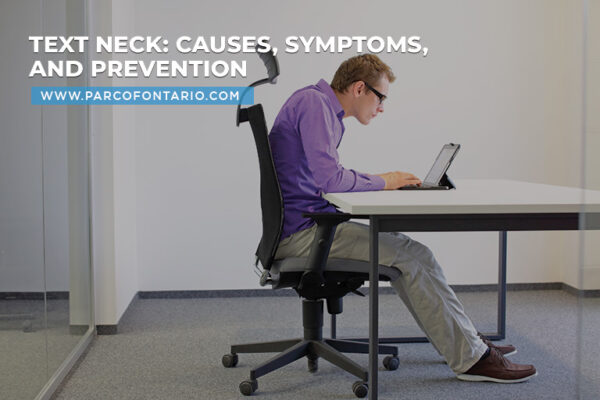
Text Neck: Causes, Symptoms, and Prevention
Many of us spend long hours hunching over our electronic mobile devices and laptops. As we spend more time texting, browsing social media, and reading on our devices, this constant downward gaze…
Read More
Depression and anxiety can affect a person both physically and emotionally, and may have serious or sometimes adverse effects. Unfortunately, many people do not realize they are suffering from psychological illness. Many of today’s healthcare providers recommend acupuncture as a generally safe and effective treatment for depression and anxiety.
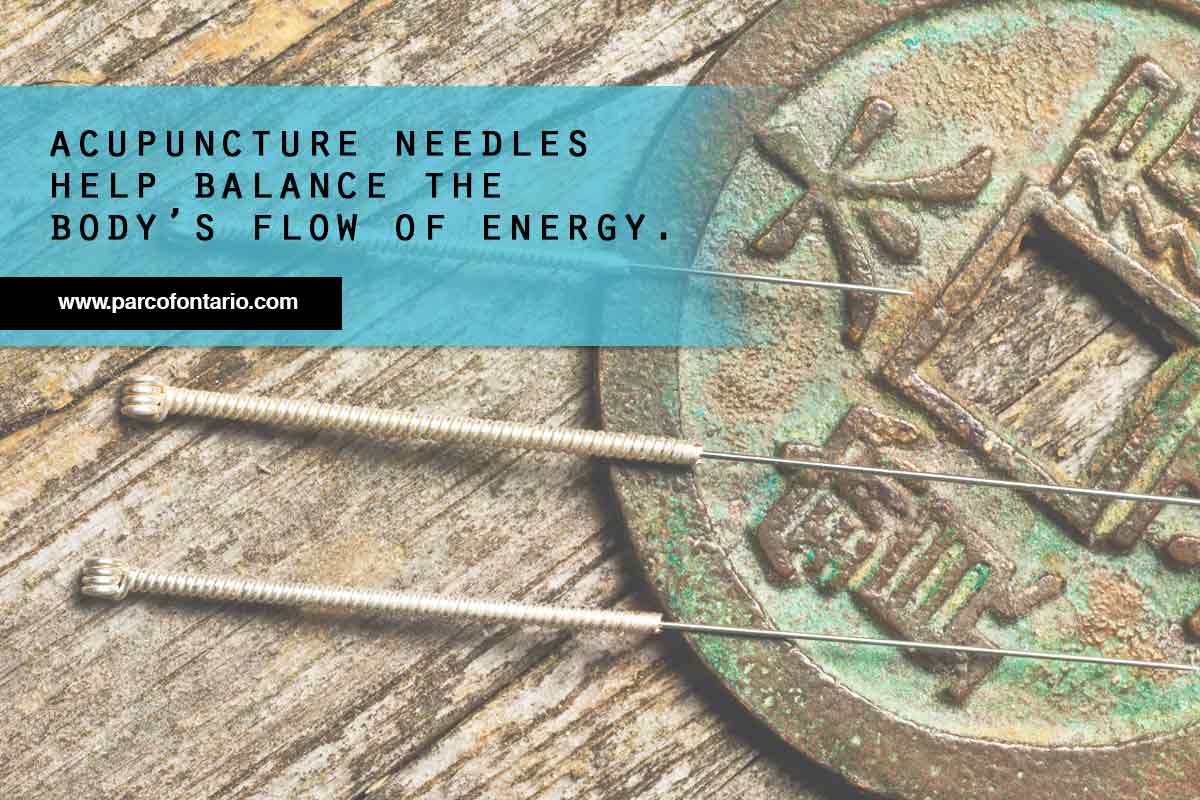
Acupuncture is a form of traditional Chinese medicine (TCM) used for more than 2,500 years. In TCM, the Qi (pronounced “chi”) is the “life force” that moves through the body via channels called meridians. If the Qi becomes blocked or imbalanced, health issues may arise and result in both physical and emotional symptoms. Often used for issues like migraines, knee and join problems, or chronic back pain, acupuncture may also contribute to mental and psychological wellness.
Acupuncture activates the Qi and corrects imbalances in the body. Extremely thin, sterilized needles are inserted at specific points in the body along the meridians. It is believed that activating these trigger points can remove blockages, restore energy flow, and balance both body and mind. The needles are then discarded, and never used on another patient.
TCM holds to the theory that the interaction of “the five elements” has a significant effect on our well-being. These elements represent five emotions:
Some Western health practitioners once questioned the effectiveness of acupuncture. However, research shows that acupuncture needles help release chemicals called endorphins. These endorphins act as natural painkillers. More recently, Western medicine has begun to recognize acupuncture as a legitimate treatment for various conditions. Several studies have looked into the benefits of acupuncture and found promising results. As a result, acupuncture is often an integral part of physiotherapy and recovery from injury.
Acupuncture is a non-prescription option for pain relief that differs from placebo treatment. Patients considering acupuncture as an option still need to be seen and evaluated by their general physician (GP), and get a referral for insurance purposes.
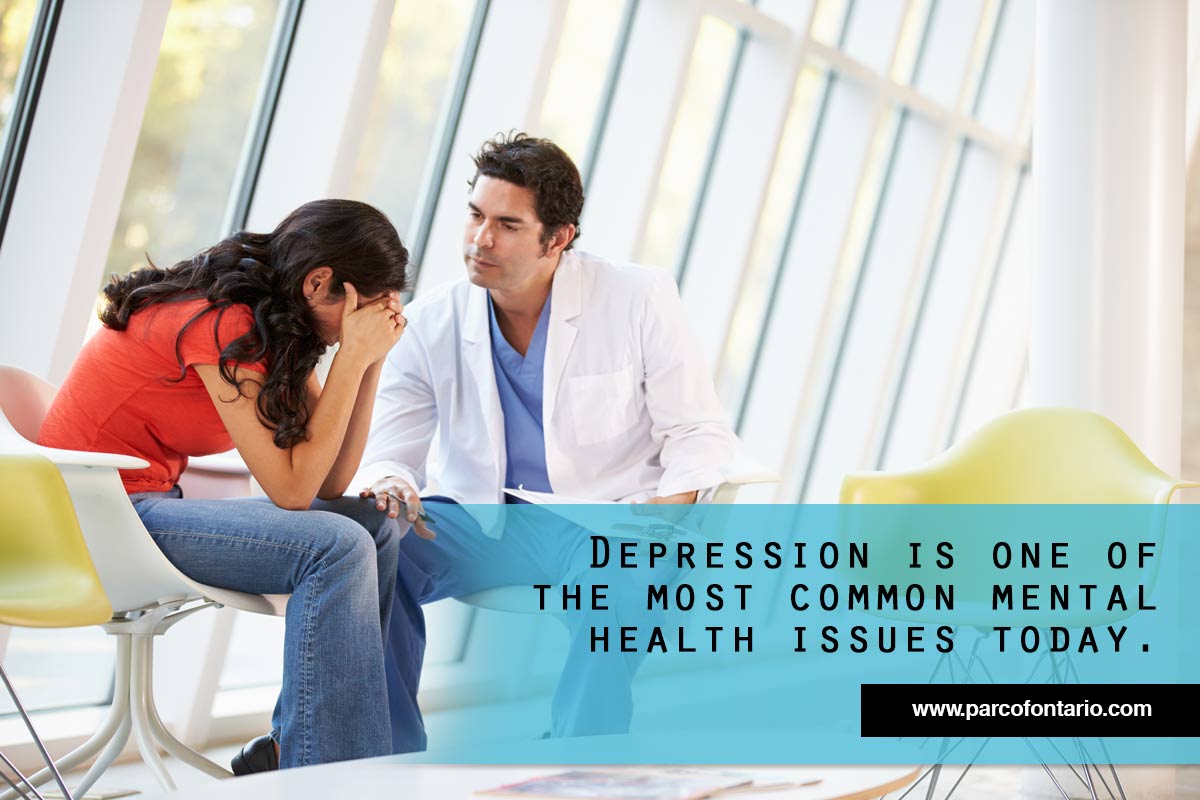
Depression is a serious mental issue that can affect a person’s emotions and ways of thinking. An estimated 11 percent of Canadians aged 15 to 24 suffer from clinical depression at some point in their lives. A depressed person may feel hopeless or experience a loss of interest in activities he or she once enjoyed. Depression can affect one’s physical and emotional well-being as well as the ability to function at home or work.
Symptoms of depression may vary from mild to severe and can affect anyone without discriminating against gender, age, race, or social status. The exact cause is often a mystery. Some researchers believe that a complex combination of these factors may play a contributing role:
Short-term, goal-oriented psychotherapy and antidepressant medications can help treat people with clinical depression. For mild depression, self-care and emotional support may also relieve symptoms. However, when none of these treatments work, clinicians look for other options.
In TCM, depression is regarded as a result of poor circulation of Qi throughout the body. The liver, heart, and spleen are responsible for the proper flow of Qi. “The Four Gates,” a common acupuncture technique, increases energy movement by stimulating the points between the thumb and index finger on both hands and between first and second toe on both feet.
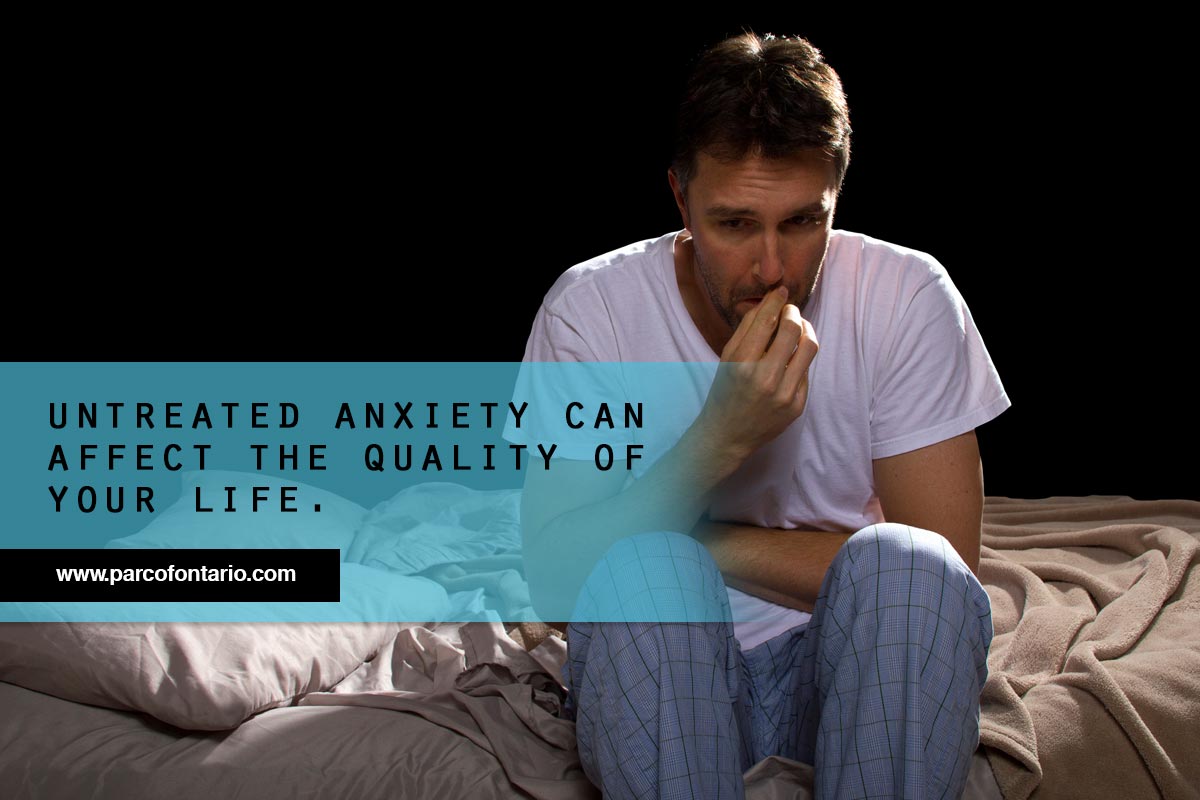
Some people feel anxious now and then, but there is more to anxiety disorder than short-term fear or worry. Like depression, it causes distress that prevents you from enjoying your life. Anxiety comes in different forms:
An estimated one in ten Canadians suffers from some type of anxiety disorder, and it’s not uncommon to experience a combination of different anxiety issues. These disorders can worsen over time, and long periods of intense feelings of fear or distress may become debilitating. With anxiety, the brain views real or imagined events as riskier than they actually are. This feeling of uneasiness interferes with one’s personal and professional life. It also affects thoughts, behaviours, emotions, and physical health. Some people may not understand that their symptoms are related to anxiety and feel that they can cope on their own.
A combination of factors may contribute to anxiety disorder:
Fortunately, various treatments are available to relieve symptoms. Both drug and cognitive behavioural therapies (CBT) can address anxiety disorder, and acupuncture seems to be an effective tool to add to an individual’s treatment plan. Inserting special needles into specific acupoints helps the nervous system produce natural painkillers. This encourages the body to jumpstart its natural healing ability. It also has a stimulating effect on the brain to control emotions like anxiety.
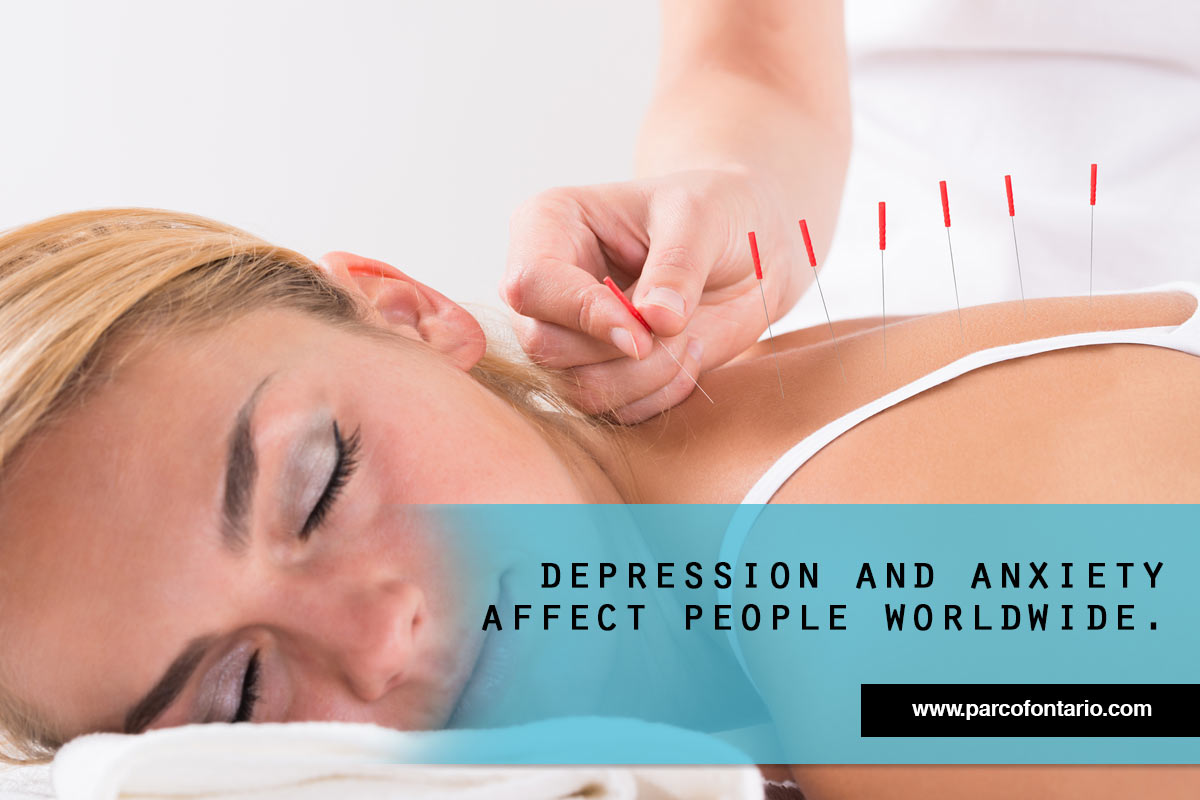
Depression and anxiety are two of the most common global mental health problems. Although some people suffer occasionally, stressful situations can make these moments overwhelming. The mind gets overloaded and has difficulty coping with stressful situations.
Fortunately, acupuncture is regarded by many to be a promising option for targeting mental health problems. Since each person is unique, treatment for depression and anxiety must be tailored accordingly. An acupuncturist targets different acupoints that correspond to specific meridians to create balance in the nervous system. With regular treatment, the nervous system adjusts itself to function in a more optimal way.
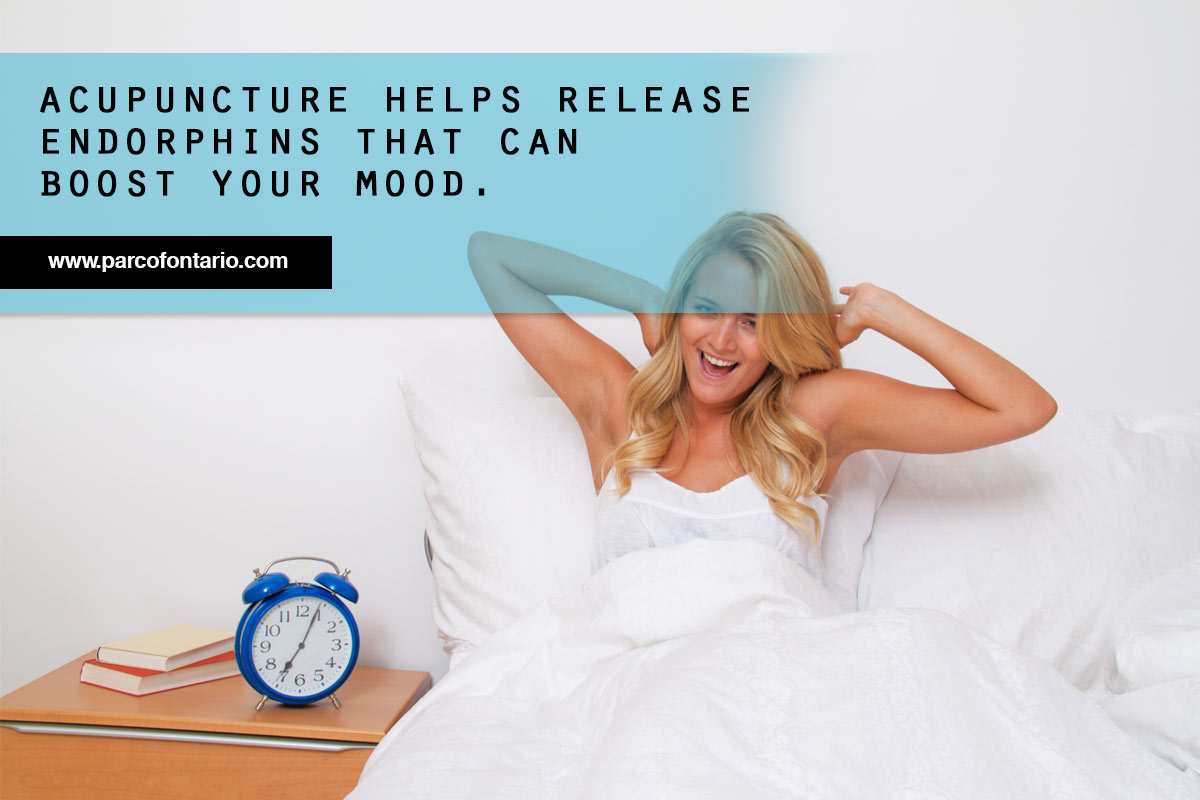
Acupuncture has proven to be beneficial in treating mental disorders and researchers continue to conduct studies on how it can be used more effectively. Regular exercise, meditation, and yoga also help improve mental health. A trained physiotherapist can incorporate a combination of acupuncture and physiotherapy to help improve your mood.
When our nervous system is healthy and balanced, we are able to enjoy life more fully. At the Physiotherapy and Rehabilitation Centres of Ontario, we offer professional acupuncture services in Ajax and the GTA for those with depression and anxiety. Our patients find relief and greater balance after each session. Call us at (905) 686-9081 or send an email at ajaxrehab235@yahoo.ca.